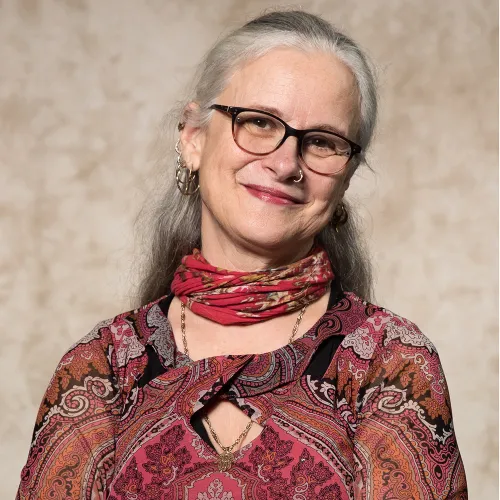Bereket Middle Eastern Ensemble is comprised of university students, faculty, staff and community members. “Bereket” is a word with cognates in Turkish, Arabic and Persian that translates as “abundance,” “fruitfulness,” and “divine gift.” About half of our members are from the Middle East, and all are interested in learning about the culture, history, religions and languages from these areas.
The ensemble has several goals: to gain experiential understanding of the music and cultures of the Near, Middle East, North Africa, and former Ottoman territories; to foster community outreach; to work with university language and other classes; and to create a sense of community around musical performance. Ensemble members learn to play basic melodic and rhythmic modes, to structure free-meter improvisations and semi-improvised heterophonic styles, vocal and instrumental compositions, and how to organize repertoire into suite-like performance formats such as fasil, waslah and nawba.
Repertoire includes music from the Near East, the Middle East, Southeastern Europe, and North Africa. Each semester focuses on a particular era, area or topic. Themes have included: “Music of the Turkish Ottoman Court and Urban Traditions” (Fall 2006); “Music of Minorities” (Fall 2007); “Western Orientalisms and Eastern Occidentalisms” in conjunction with the Early Music Ensemble (Spring 2008); and Music of Arab lands (Fall 2008).
Bereket invites Middle Eastern and Southeastern European language students to sing with the ensemble. Past collaborations have included Arabic, Hebrew, Turkish and Farsi/Persian language classes. Members have also learned songs in Arabic, Turkish, Persian, Hebrew, Armenian, Bosnian, Kurdish, and Turkmen languages.
Rehearsals begin with separate percussion sectionals, and melodic warm-ups for melody instruments, before the groups join together for full rehearsal. Shorter sectionals are scheduled for those working on solos or improvisations.





